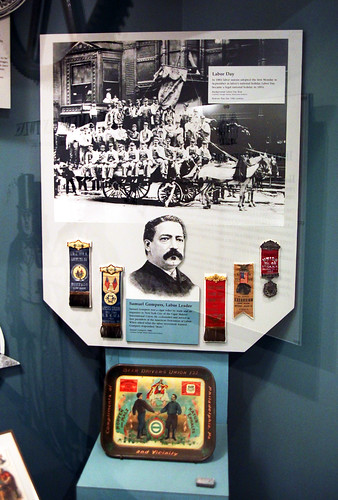While going without health insurance might be fine when you’re healthy, it’ll be a big problem if you’re in an accident or develop a serious health problem. It is safe to have sufficient health insurance, and these tips can help you get the coverage you need for your family.
When considering a health care insurance plan from your employer, take into account your own personal health and the health of your family. You may not foresee any major health issues and therefore choose a plan with lower premiums. This will save you money in the short term, but may cost you if you have an accident or a medical issue appears later.
Think about all the costs involved in purchasing a health insurance policy. Build up a thorough understanding of the real costs presented by a particular plan, making sure to factor in the trickier factors like co-pays and flexible deductibles.
If you have graduated from college and you are in need of health insurance, there are some options for you. If you are employed, you can use the employee insurance provided by your job. If you are under the age of 26, you can be on your parents’ insurance and you can always research personal insurance plans, as well.
Open Enrollment
Be sure to take a close look at your needs and concerns when it comes to your open enrollment period. Even if a certain plan fit you well in the past, your needs may have changed, thus, you need different coverage. Open enrollment offers you the ability to change vision and dental coverage, too, if you have that option.
This is why understanding how insurance works is so important. Individual policies are usually more expensive than group policies. You could find yourself having to make compromises with an individual package, like paying a higher deductible or even opting for less coverage. Just look around for the best type of coverage you can get for yourself by shopping around.
Remember to get vision insurance to help you deal with existing and potential eye problems. This type of insurance pays for a portion of the cost of eye exams and check-ups as well as corrective lenses like glasses or contacts. You don’t have to carry vision insurance, so choosing not to get a policy may save some people money.
Make it a point to find out which prescriptions are covered by your health insurance. The prescriptions that are covered change on a yearly basis, so check the list every time you re-enroll to avoid any unpleasant surprises.
Insurance Provider
It’s a good idea, before choosing an insurance provider, to call your physician, clinics and hospitals to confirm that you will be covered completely if you use their services. You can easily check to see if your doctor is listed by checking the insurance provider’s website.
If you are one of those people that does not go to the doctor too much, your best bet would probably be to start a Health Savings Account (HSA). This allows a person to save money pre-tax in an account to be used for medical expenses later. The premium savings from a high deductible can go into the account, for example.
Catastrophic coverage is insurance that covers sudden, unexpected injuries or illnesses that are life threatening. This option is good for those who can’t afford comprehensive insurance. This type of policy will also provide benefits to your overall health care portfolio in that you will be protected if extreme situations arise.
If you change insurance types, be certain to understand everything about your present coverage. Have the facts on payout limits, deductibles and other out-of-pocket amounts, as well as monthly or annual premiums. Keep this information, as well as a copy of the plan you have currently, available when searching for a different policy.
Some insurance companies may reject your enrollment or refuse to pay for a claim because your information was not filled out correctly. By simply looking through your enrollment form after you are finished, you will ward off many of these issues.
One technique you can use to save on health-related costs is to request that your doctor double the dosage of any pill prescription being provided. In most cases, a larger pill does not cost much more than a smaller one; you could be saving money in the long term. This way, your pill splitter feature on your insurance will be paid off a lot quicker.
Insurance Plan
Should you qualify, you might be eligible for a discount medical card, which can permit you to switch to a cheaper insurance plan with your carrier. These cards permit you to visit doctors within their network, who offer reduced cost care for low-income families. With these cards, there’s also an account for health spending that your insurance plan permits.
Unforeseen circumstances make having a health insurance policy essential. You never know when you will get sick or possibly be involved in an accident in your car. Use the tips in this article to help you when you are shopping for an insurance policy, you’ll be sure to find the plan that’s right for your family.

